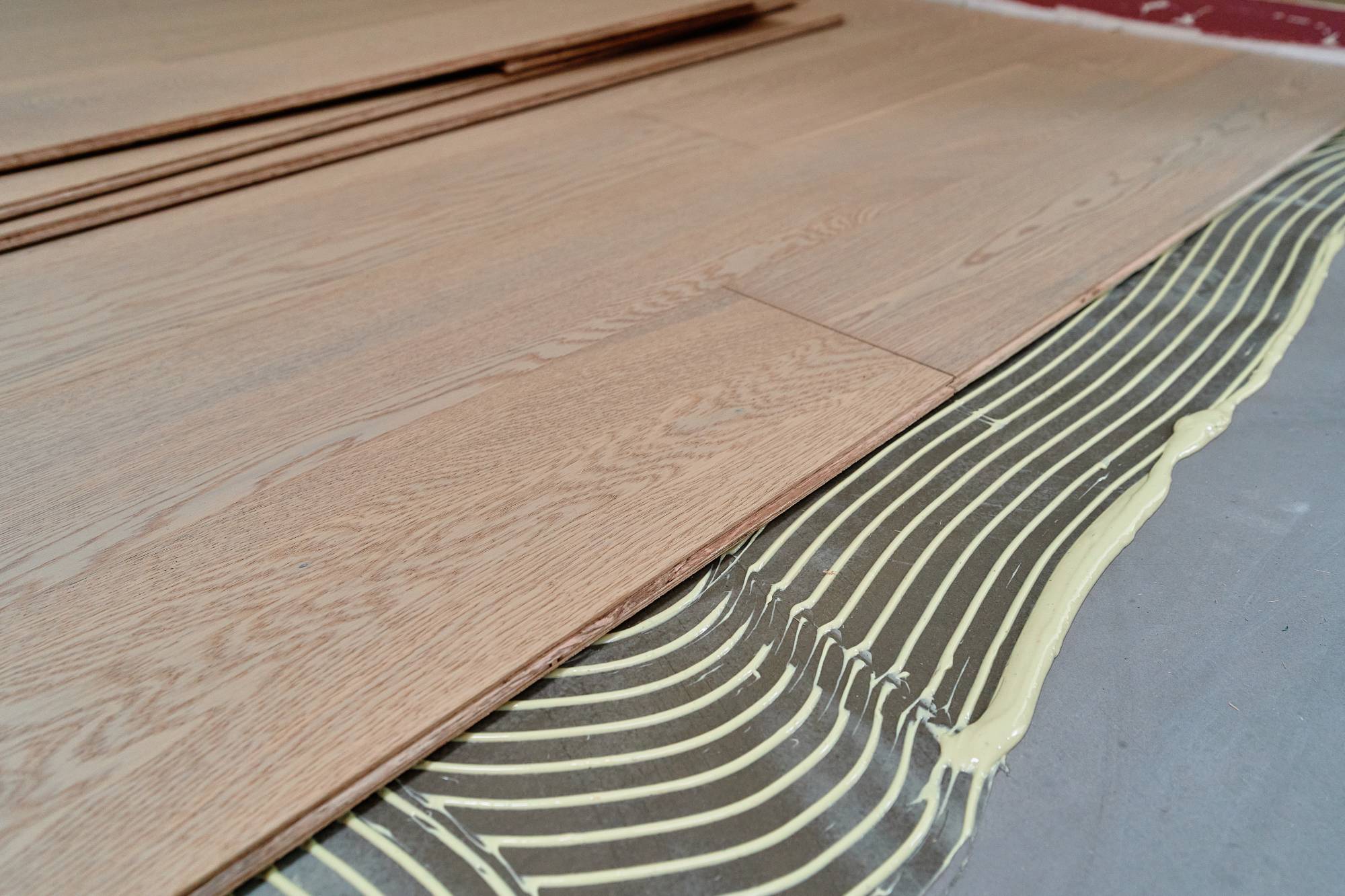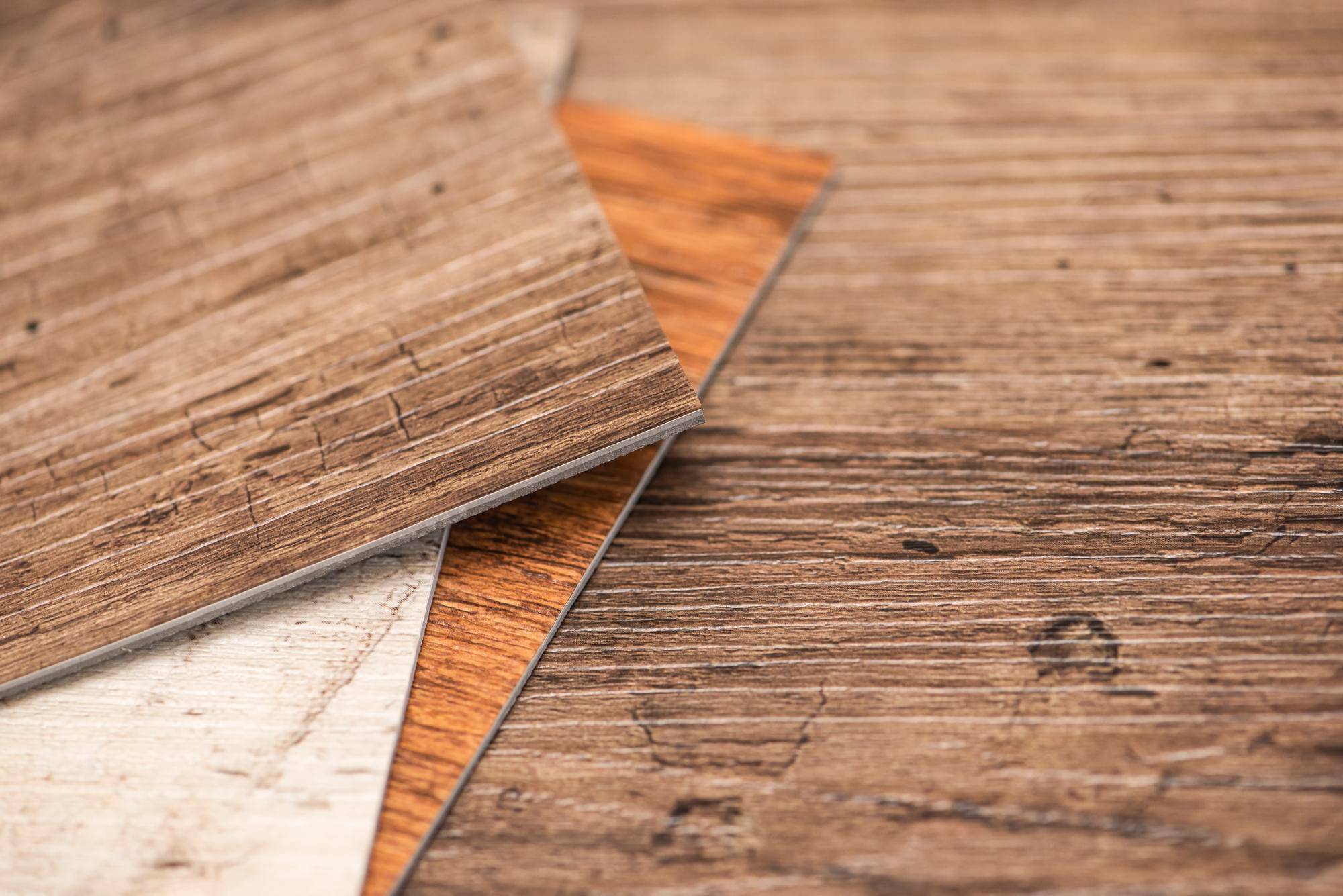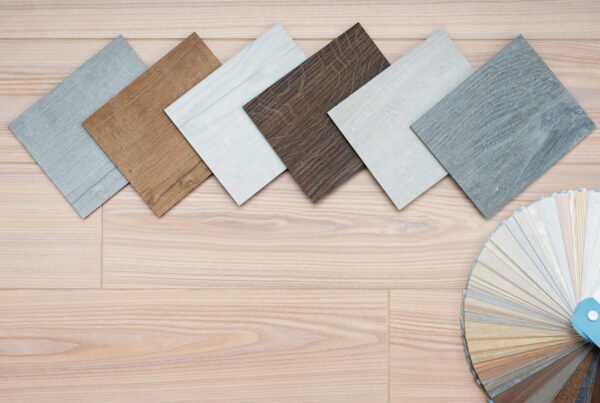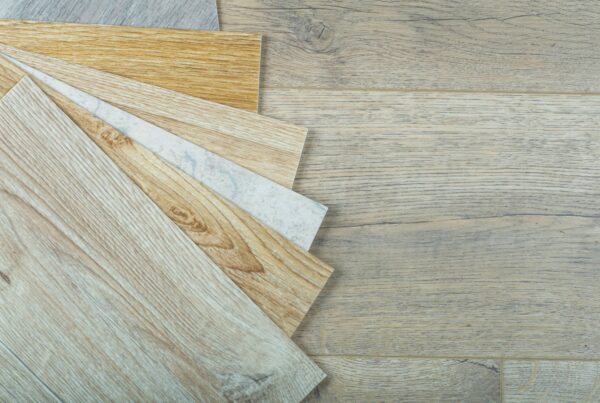Your floors have seen better days. Maybe they’re scratched, discolored, or just outdated. Whatever the reason, it’s time to replace them. But what’s next? Choosing new flooring can be overwhelming, with so many options available. In this post, we’ll go over the different types of flooring products, the pros and cons of each, and what factors to consider when choosing the right flooring product for your home.
Signs that You Need New Floors
Before we get into the different types of flooring products, let’s first talk about the signs that you need new floors. If your floors are showing any of the following signs, it’s time to start considering new flooring:
- Scratches and dents
- Stains and discoloration
- Worn or faded finish
- Cracks or chips
- Visible water damage
- Buckling or warping
- Outdated style
Types of Flooring Products
There are many different types of flooring products available, but we’ll focus on two popular options: vinyl floors and engineered hardwood floors. Let’s take a closer look at each.
Vinyl Floors
Vinyl floors are a popular choice for their durability, low cost, and ease of maintenance. They’re made from synthetic materials like PVC and are available in a wide range of colors and patterns. Vinyl floors can be installed as tiles or planks, and some can even be grouted to look like real tile.
Pros:
- Affordable
- Durable
- Water-resistant
- Easy to clean and maintain
- Wide range of styles and patterns
Cons:
- Can be prone to fading and discoloration over time
- Not as visually appealing as hardwood or tile
- Not as environmentally friendly as other options
Engineered Hardwood Floors
Engineered hardwood floors are a popular alternative to solid hardwood floors. They’re made from layers of real hardwood veneer and plywood, which are glued together to create a strong and stable floor. Engineered hardwood floors can be installed as planks or tiles, and they’re available in a wide range of styles and finishes.
Pros:
- Can be more affordable than solid hardwood floors
- Durable and long-lasting
- More resistant to moisture and humidity than solid hardwood floors
- Visually appealing and can add value to your home
- Available in a wide range of styles and finishes
Cons:
- Can be more expensive than other flooring options
- Can’t be sanded and refinished as many times as solid hardwood floors
- Can be prone to scratches and dents
Factors to Consider When Choosing a Flooring Product
When choosing a new flooring product, there are several factors to consider. These include durability, style and design, maintenance, and cost.
Durability
One of the most important factors to consider is durability. How much foot traffic does the room get? Is it a high-moisture area like a bathroom or kitchen? Vinyl floors are typically more durable and water-resistant than hardwood floors, making them a good choice for these areas. However, if you want the look and feel of real hardwood, engineered hardwood floors may be a better choice.
Style and Design
Another important factor is style and design. What kind of look are you going for? Do you want something modern or traditional? Vinyl floors come in a wide range of styles and patterns, but they may not be as visually appealing as hardwood or tile. Engineered hardwood floors, on the other hand, can add a classic and elegant touch to any room.
Maintenance
Maintenance is also an important factor to consider. How much time and effort are you willing to put into maintaining your floors? Vinyl floors are easy to clean and maintain, but they may not last as long as hardwood floors.
Cost
Finally, cost is an important factor to consider. What is your budget for new flooring? Vinyl floors are typically more affordable than hardwood floors, making them a good choice for those on a tight budget. However, engineered hardwood floors may be a better long-term investment as they can add value to your home.
Finding the Right Flooring Installer
Once you’ve chosen your flooring product, it’s time to find the right flooring installer. Here are some tips for finding the right installer:
Researching Options
Do your research to find reputable flooring installers in your area. Look for reviews and ratings on websites like Yelp or Angie’s List. You can also check with the Better Business Bureau to see if there are any complaints against the installer.
Asking for Referrals
Ask friends, family, or neighbors if they’ve had any flooring work done recently and if they would recommend their installer. This can be a great way to find a trustworthy and reliable installer.
Checking References
Before hiring an installer, ask for references from previous customers. This will give you an idea of their work quality and professionalism. You can also ask to see examples of their work to get a better sense of their style and expertise.
Preparing for Installation
Once you’ve found the right installer, it’s time to prepare for installation. Here are some tips for getting your home ready:
Removing Old Flooring
If you have old flooring that needs to be removed, make sure to do it before the installer arrives. This can save time and money on installation day. You may also want to consider hiring a professional to remove the old flooring if it’s difficult or time-consuming.
Subfloor Preparation
Before installing new flooring, make sure the subfloor is prepared properly. This may involve repairing any cracks or holes, leveling the subfloor, or adding a moisture barrier. Your installer should be able to advise you on what needs to be done.
Choosing the Right Underlayment
Finally, make sure to choose the right underlayment for your new flooring. This can help with soundproofing, insulation, and moisture protection. An installer can recommend the best underlayment for your specific flooring product.
Choose the Right Flooring Product and Installer with Flatwater Finishes to Ensure Durability, Style, and Cost-Effectiveness
If you’re looking to upgrade your home with new floors, look no further than Flatwater Finishes. With a wide selection of flooring products, including vinyl floors and engineered hardwood floors, you’re sure to find the perfect fit for your home. Our experienced and professional installers will ensure that your new floors are durable, stylish, and cost-effective. Don’t settle for subpar flooring products or installers – choose Flatwater Finishes for all your flooring needs.









